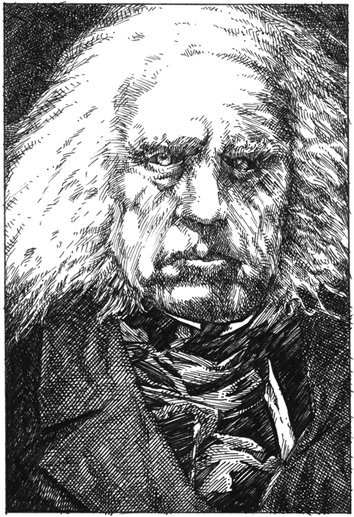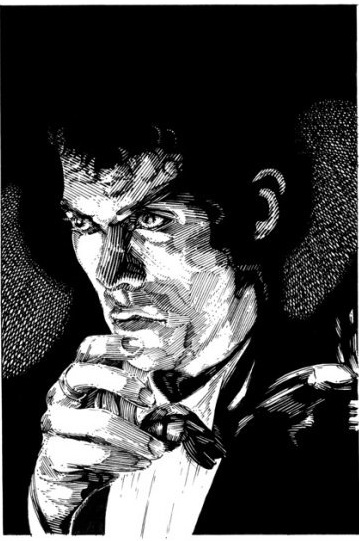World Fantasy Convention starts in less than a week. This year the focus is on urban fantasy and gothic fantasy. If you’ve never been to a convention, going to your first convention is almost a magical experience by itself. You’ll meet authors left and right that have been in your shoes. You’ll see editors and agents who are willing to give you advice and may tell you to send a copy of your new novel their way. And, if nothing else, you’ll have a great time. So, if you’ve never been to a convention before, let’s look at why you should go to the next one, and what you should do when you arrive.
As you finish a novel or two, you’ll want to start submitting them to publishing houses and editors. Usually this ends up with your work starting at the bottom of a slush pile and you waiting impatiently for someone to read, and hopefully pick up your novel. The other option is to meet these publishers and editors and if they like you and your pitch, they may ask you to send them your work. While it will still end up on the slush pile, this can get you put to the top.
Even if you’re still not finished with your novel, conventions can be a great place to go for that little push. There is a common saying that says you should group yourself with people who are doing what you want to do. You can look pretty much everywhere and you’ll notice a trend of authors emerging into the publishing world in groups. You’ll have people that will push you to succeed while understanding the troubles you’re facing. Along these lines, conventions can act as a support group. For a couple days a year, you’ll be immersed into the middle of your peers and idols. You’ll hear about success and everyone will tell you that it can, and will, happen to you if you persevere.
If you’re still not convinced, Brandon Sanderson tells a story about when he was trying to get published. Brandon was taking a class with David Wolverton/Farland and David learned about the books Brandon had written. David told Brandon that he needed to make it to the next convention, even if it required selling everything he owned. Brandon listened to that advice, met his editor, and the rest is history.
So, you’ve made it to the convention that fits your work, now what? The best advice I can give you is to be social. The panels and talks are good and you should definitely attend the ones you find of interest, but the real magic usually happens outside the convention hall. Learn where the parties are happening and make an appearance. Hang out at the bar and introduce yourself. Be friendly and be ready to give that elevator pitch you’ve worked so hard on. Get business cards and email addresses. Start building up your circle of authors and industry professionals who know your name. It might give you the edge you need in the future.
If you have a novel ready to be published, you’ll want to do your homework before the convention and put on the dreaded marketers cap. Many conventions, such a world fantasy, have a list of who will be attending. If not, you should be following the publishers you want to submit to on twitter and facebook anyway, so you should have an idea of who is attending. Take this list and learn everything you can about the publishers and editors that you want to submit to. You should remember that they’re people as well, and like talking to people who appreciate their work. Ask them about the novels they’re currently working on, and how the last batch has done. Be friendly, and not pushy. If all goes well, they’ll reciprocate and ask what you’re working on.
Just remember to be friendly and listen to social cues. Being too pushy or problematic can hurt your chances as well. If the other person is in a hurry or trying to leave, wait for another opportunity. Talk to others in the group and make friends. Even if you don’t kick it off with your favorite editor, there are plenty of people around willing to talk to you and give you the push you need.



